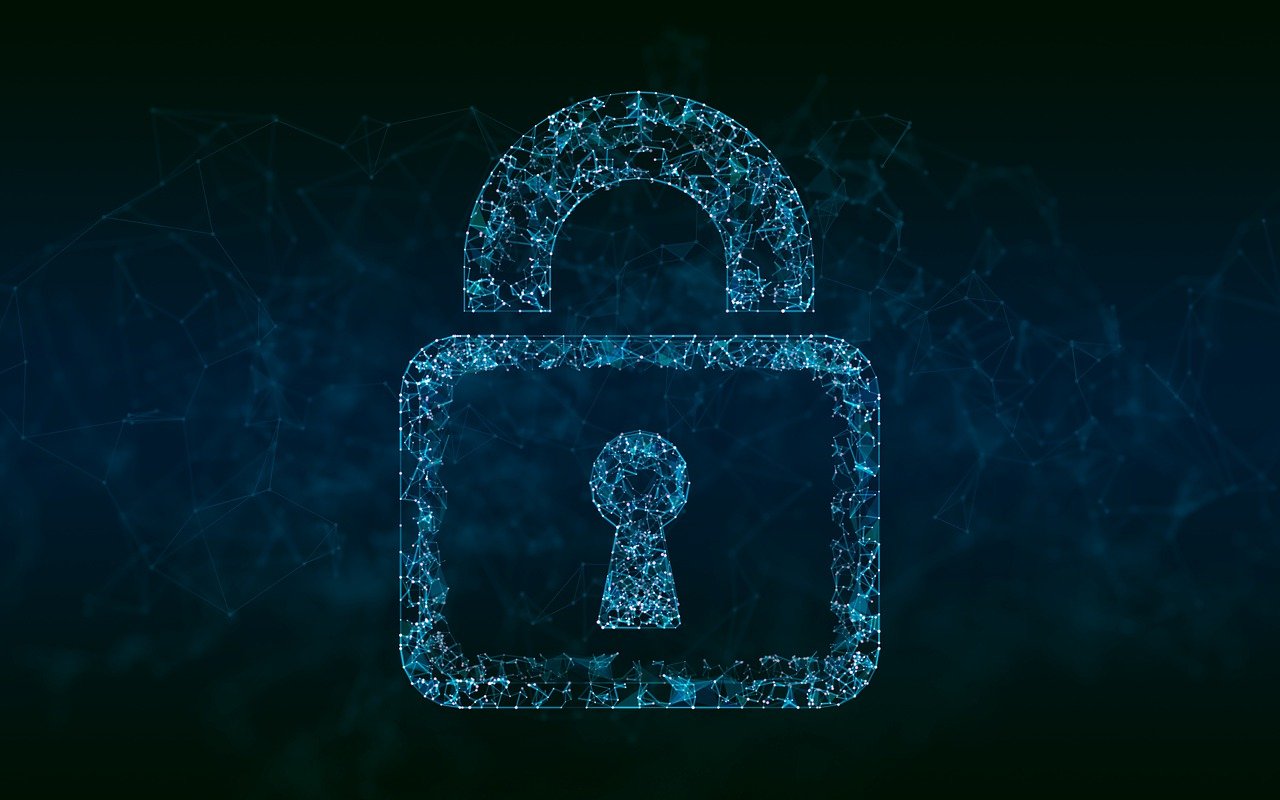· 2 min read
TLS-RSA-PSK-WITH-ARIA-256-GCM-SHA384 Cipher Suite
A breakdown of the Cipher Suite TLS_RSA_PSK_WITH_ARIA_256_GCM_SHA384, its strengths, and its weaknesses.
Key Exchange Mechanism
Rivest, Shamir, Adleman - RSA
Grade - B
RSA key exchange does not provide perfect forward secrecy because if an attacker captures the RSA private key, they can decrypt all past communications encrypted with the corresponding public key. This is due to the static nature of the key pairs used in RSA, which contrasts with protocols like Diffie-Hellman, where ephemeral keys ensure that past sessions remain secure even if current keys are compromised.
Authentication
Rivest, Shamir, Adleman - RSA
Grade - A
RSA as an authentication mechanism in cipher suites is secure because it relies on the difficulty of factoring large prime numbers. This makes it computationally infeasible for attackers to derive the private key from the public key, ensuring confidentiality and integrity in secure communications.
Cipher
AEGIS - ARIA
Grade - C
Low usage
Hash
Secure Hash Algorithm 384 Bit - SHA384
Grade - A
Improving greatly from SHA1, SHA-256 and above create secure hashes through robust cryptographic algorithms that ensure collision resistance and preimage resistance. They process input data in fixed-size blocks, applying complex mathematical transformations that make it computationally impractical to reverse-engineer the original data from its hash.
Cipher Mode
Galois/Counter Mode - GCM
Grade - A
GCM (Galois Counter Mode) is a mode of operation for block ciphers, offering both encryption and authentication. Widely used in cipher suites, GCM ensures data confidentiality and integrity with high efficiency and performance. It combines the Counter (CTR) mode for encryption with a Galois field-based authentication tag for data integrity. GCM’s parallelizable nature makes it particularly fast and suitable for high-speed networks and secure communications. By incorporating GCM, cipher suites provide robust security against unauthorized access and tampering, making it a preferred choice for modern cryptographic protocols.


